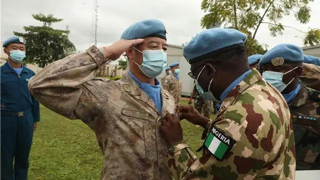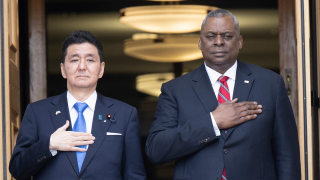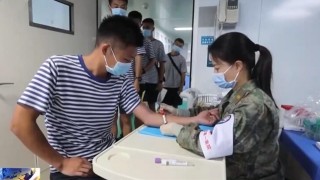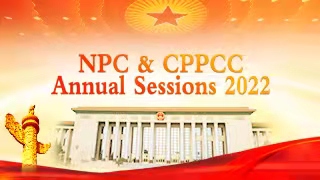Party's efforts over past five years aim to improve officials' approach to work
Consistent efforts have been made by the Communist Party of China in the past five years to solve problems arising from the practice of formalities for formalities' sake to avoid placing unnecessary burdens on primary-level authorities.
Since the 19th CPC National Congress in 2017, disciplinary and supervisory organs nationwide had investigated 273,000 cases of formalism and bureaucracy. About 243,000 officials involved had been given disciplinary or administrative punishments, the Central Commission for Discipline Inspection and National Commission of Supervision said on their website on Sunday.
The continuous efforts reflected that the CPC Central Committee's resolution to improve the working style of officials helped form a strong atmosphere where officials dared to shoulder responsibility, which in turn contributed to the smooth advancement of the cause of the Party and the country, said the Party's top discipline watchdogs.
Song Wei, director of the clean governance research center at the University of Science and Technology in Beijing, said that in the past decade, especially since the 19th CPC National Congress, the central leadership has attached great importance to tackling formalities and bureaucracy.
To promote the work, the General Office of the CPC Central Committee issued a circular in 2019, stressing efforts to address the practice of formalities for formalities' sake and to alleviate burdens on primary-level authorities. The same year, a specialized work mechanism was established to promote the work by eight central authorities, including top disciplinary authorities.
Disciplinary organs nationwide have targeted both existing problems like overfull meetings and documents, and emerging ones such as excessive online working groups. Efforts have been made to crack down on "vanity projects" — costly projects with symbolic value but of little practical use — in the fields of education, medicine, social insurance and food security that are of concern to people, the top disciplinary watchdogs said.
Formalism takes a variety of forms, for example, making temporary preparations for sudden inspections from upper levels, Song said, adding that "this is superficial work, instead of the practical efforts of serving the people or promoting economic and social development.
"Such phenomena have been basically curbed at the grassroots level, and at the same time the exposure of more cases has served as a warning and a deterrent to officials regarding misconduct," he said.
The results achieved reflected the Party's firm determination to clean up formalities and bureaucracy and its zero-tolerance attitude of them, Song said. Such efforts have also greatly relieved the burden on officials at the grassroots level and thus guided them to better serve the people and perform their duties, he added.
By the end of 2021, the number of documents issued by central and State organs, and provincial regions had been reduced by more than 50 percent and the number of meetings they held was down by more than 65 percent compared with 2018, data showed.
In a recent survey by the National Bureau of Statistics, some 84 percent of the respondents said they are satisfied with local authorities' efforts to overcome formalism and bureaucracy, and about 76 percent believed that policies to reduce burdens at the grassroots level have achieved good results.
There is no end to the reduction of burdens at the grassroots, the disciplinary watchdogs said, adding that discipline organs at all levels should maintain the rectification of prominent problems and constantly improve the mechanism for such work.
Song said as such problems are complicated and difficult to find and recognize, they still exist at the grassroots level, which are caused by overall factors including the officials themselves, their working environment and also the system and mechanism loopholes.
As a result, solving them requires improved work procedures and related systems that can fundamentally relieve the burden on grassroots authorities. More efforts should be made to educate officials to improve their ideals of being public servants, he said.











